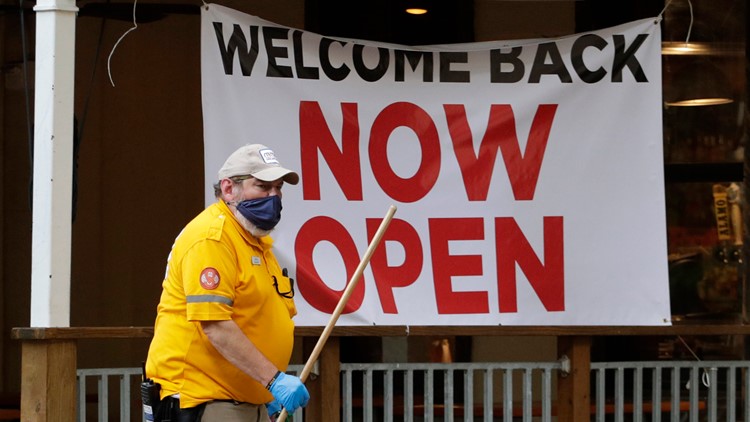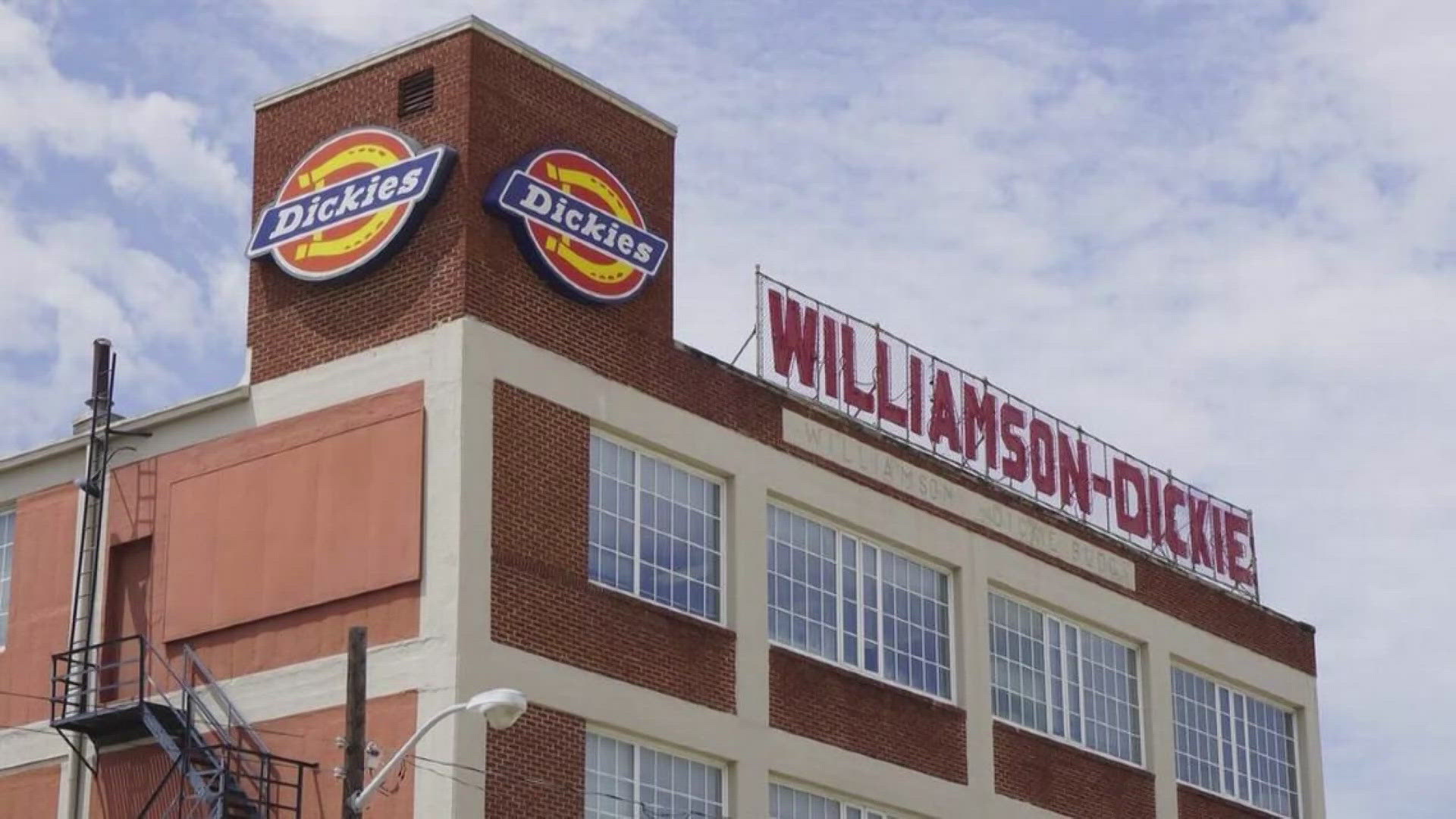Since the beginning of the year, Texas has seen a massive drop in consumer confidence, an indicator tied to household consumption, expected financial prosperity and overall sentiment about how the economy is doing.
Unsurprisingly, the decline closely follows the state's shelter-in-place order. From March 15 to May 1, the consumer confidence index fell in Texas from 118.2 to 87.8, a 30.4 point decline, according to Morning Consult. Though the state has seen two other declines in the last few years due to concerns over a trade war with China in late 2018 and threats of tariffs on consumer goods in August 2019, Morning Consult Economist John Leer said this latest drop is much more significant and similar to drops seen during previous recessions.
Though updated numbers have not been released since Texas' economy has started to reopen in stages, new national data shows that consumer confidence is beginning to increase. When state numbers are published, Leer expects to see a short-term increase in consumer confidence, but is hesitant to make any long-term predictions.
"It’s a little surprising that state rankings aren’t a function of the number of confirmed cases. It's a really counter-intuitive empirical result and flies in the face of what you’d think. The national mood is the primary driver instead of local effects," Leer said.
In North Texas, customers were seen eating on restaurant patios and inside dining rooms in limited capacities during the last two weekends for the first time since shelter-in-place began. Landlords have also begun to see an influx in business, and most are seeing reasons for optimism.
"This week, things have really started to pick up. National retailers and local ones are keen to get back open and other states are rushing to copy Texas in the way we have handled reopening the economy," said Ward Kampf, president at Dallas-based Northwood Retail. "It's definitely progress since we first started, and I'm feeling much better than how I did four or five weeks ago. All arrows point up."
Northwood not only operates notable North Texas retail developments, such as The Shops at Park Lane, but also owns nine other retail and mixed-use developments in Texas, Colorado, California and the Carolinas. Aside from confidence in its Texas properties, Kampf is feeling good about the firm's four properties in North Carolina and South Carolina. Like Texas, both states have begun to reopen.
Experts are seeing other reasons to be confident in North Texas's retail sector.
"Without a doubt, retail faces unprecedented challenges, but we entered this downturn with our healthiest retail market in nearly four decades. Our low development environment over the past decade means we don’t face the supply side issues we had to deal with in previous downturns. We’re also seeing landlords work with tenants to give them the breathing room to make it to the economy’s reopening. So, while we expect to see closures, we hope they will be limited," said Michelle Caplan, executive vice president at Weitzman.
Landlords and other retail professionals admit that some tenants have already been lost permanently. While more could be on the way, experts say more pressing issues involve uncertainty around customer behavior, how long the recovery takes and continuing health concerns about the virus.
"We’ve had our eyes open for bankruptcies, but it hasn't been too significant yet. J.Crew filed for bankruptcy protection last week, but they’ll open here Thursday. It's part of their strategy," Kampf said. "There will be a restructuring in the future. I think curbside will almost be mandatory and open air centers will have a big advantage over enclosed ones."
Kampf thinks the pandemic could also be the last straw for some legacy retailers that were holding on before this began and could mean the end for some marginal real estate that was becoming obsolete before March.
More on WFAA:
- JCPenney to file for bankruptcy, will close some stores
- US retail sales plunged 16% in April as virus froze economy
- Analyst weighs in on Neiman Marcus' bankruptcy proceedings, shifting consumer spending
- 'In the world of retail, Neiman Marcus has no peer': Reactions after iconic Dallas retailer files for bankruptcy
- In lockdown, nail care sales rise as makeup sales drop



